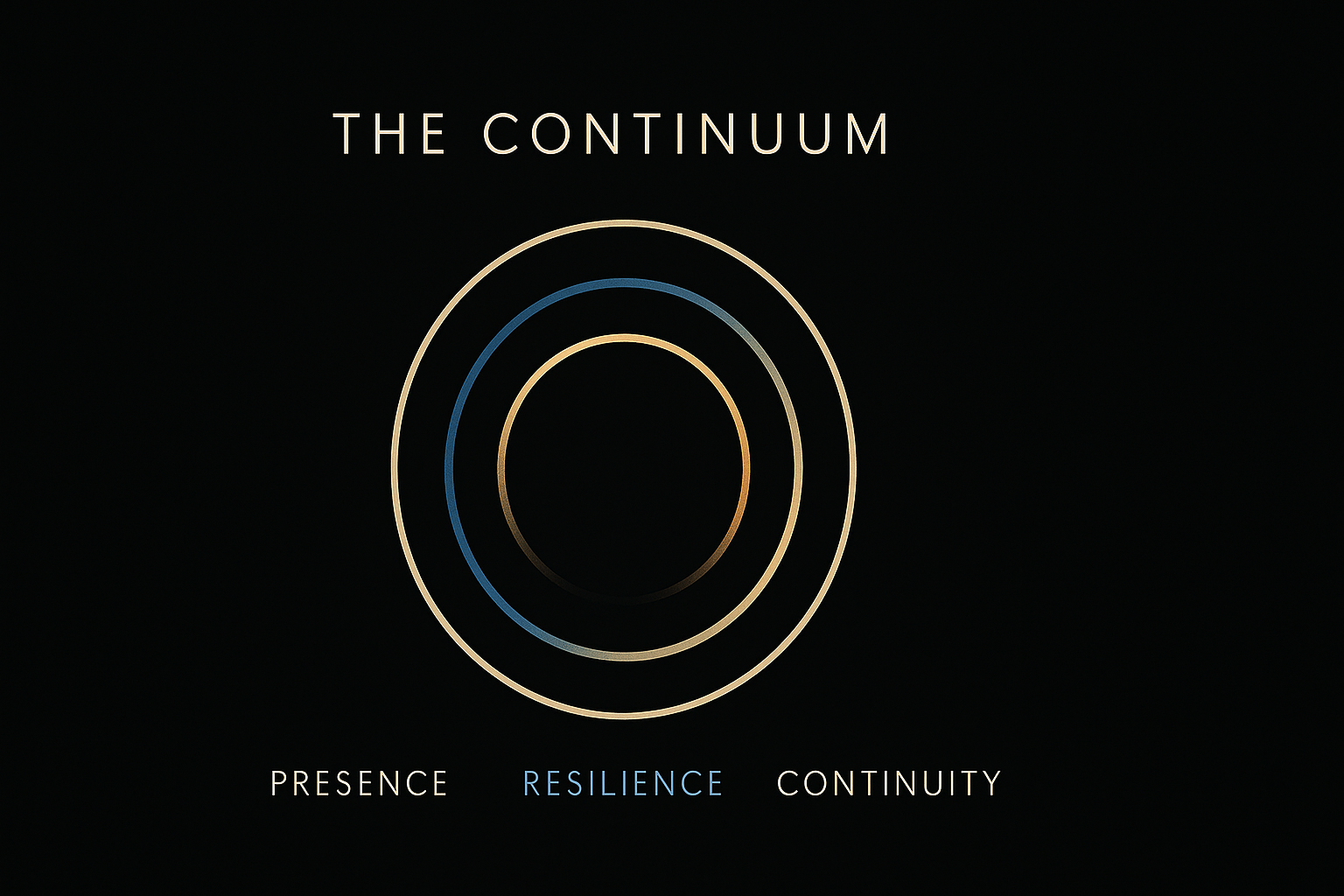Capitalism has a simple moral foundation. You bring something of value into the system—whether that’s labour, grain, or code—and you get compensated. At least, that’s the deal we were sold. But Big Tech, being Big Tech, found the “buy one, steal a billion” loophole.
For years now, companies have harvested our attention, our data, our preferences, even our creative work—and called it free raw material. They’ve built trillion-dollar valuations on the back of user-generated inputs without ever paying the “suppliers.” Imagine an oil company that got its crude for free and only paid for refining. That’s Silicon Valley today.
And it’s not just data. Increasingly, it’s identity. AI models are trained on our words, our likenesses, our patterns, and our voices. The platforms profit handsomely, while the people whose lives and identities fuel the machine are told to be grateful for the “free service.”
This isn’t capitalism. It’s feudalism.
The Feudal Model of the Internet
I’ve written before about the need for profit labels, to show where money is being made ethically and where it is simply excess. Capitalism without boundaries tends to concentrate power, and Big Tech is the ultimate case study. They’ve turned users into digital serfs, working land they don’t own, while the castles of Menlo Park and Mountain View grow fat on invisible harvests.
At least medieval peasants knew which lord was squeezing them dry. And we all know how it ended for the kings in the castles—eventually, people decided they’d had enough, tore down the drawbridges, and invented democracy and self-rule. History doesn’t look kindly on lords who confuse extraction with legitimacy.
Denmark Shows Another Way
Here’s where Denmark offers a glimpse of what’s possible. Earlier this summer, they became the first country in Europe to give citizens copyright over their face, voice, and body. In other words, your likeness is yours. Platforms that host AI deepfakes without consent now face severe penalties.
It’s not a flawless system. There will be exceptions for satire, parody, or the odd case of someone deliberately mimicking a celebrity. But the principle is powerful: society can draw a line and say, “This is yours. It cannot be extracted for profit without recognition or compensation.”
And if Denmark can do this for physical likeness, why not for data, attention, and digital contributions? The principle is the same. What you produce is yours, and if others profit from it, you should be compensated.
Hidden Externalities: Energy & Water
Let’s not forget what the rest of us are paying for—literally. Data centres powering AI now consume nearly 4.4% of U.S. electricity and could hit 12% by 2028. Globally, that’s nearly the electricity use of Japan by 2030. Meanwhile, Equinix is building at a pace that could power a Paris-sized city.
They’re also hoovering up water. In 2023, U.S. data centres used 17 billion gallons just for cooling, and demand may double or even quadruple by 2028. One Microsoft campus alone accounted for 6% of an Iowa town’s water use. Globally, AI could consume 4–6.6 billion cubic meters of water by 2027 — more than half of the U.K.’s annual withdrawals.
And all this comes with a carbon price tag, too: U.S. data centres produced over 105 million tons of CO₂e in 2023, a chunk of which is borne by public health, infrastructure maintenance, and climate resilience budgets.
Copyright, AI, and Bad Faith
We’re already seeing this fight play out in the courts. Authors, artists, and journalists are suing over their work being scraped into training sets for AI models. Meta was recently caught drawing from private book databases—an almost guilty admission that they know the goldmine they’re sitting on. Big Tech’s counter-argument? That they couldn’t possibly survive if they had to pay for the very content their models depend on.
That’s not a defence—it’s a confession. If your business only works by taking other people’s property without permission or payment, you don’t have a business model, you have a heist. And it’s bad faith to argue that these inputs shouldn’t be compensated, while at the same time writing $100 million cheques for AI developers whose brilliance rests on that very raw material.
From Limitarianism to Abundance
This is where limitarianism comes in—the idea that there are moral limits to how much profit or wealth one entity should be allowed to accumulate. I’ve argued before that we need new tools to signal where profit becomes greed. When Big Tech gets to hoover up the raw material of billions of lives without cost, they break the basic bargain of capitalism and cross firmly into excess.
The flip side is abundance. When people are compensated fairly for their digital inputs—whether directly or via government redistribution—the wealth created by technology stops being hoarded in castles and starts circulating in communities. That’s not utopia. That’s simply how capitalism is supposed to work when inputs are fairly valued.
A Digital Dividend and the Case for UBI
How do we rebalance? One option is a Digital Dividend: governments tax companies that monetise user data and redistribute that value back to citizens. Done right, this could underpin a Universal Basic Income—not as a handout, but as rightful compensation for the raw material that fuels the modern economy.
A Digital Dividend isn’t science fiction. It’s just common sense. If someone is running an economy on the back of your personal quirks and cat videos, you should see more in return than an eerily accurate advert for orthopaedic shoes.
The Bill Has Come Due
Tech companies have had their fun. They’ve been dining out on our inputs like it’s an endless free buffet. But the bill has come due. And if Denmark can protect the cheekbones of its citizens, then the rest of us can demand protection for something just as valuable: our data, our attention, our digital graft.
Serfdom was supposed to be over. Let’s not sign up for the sequel. It’s time to move from digital serfdom to digital citizenship—where what we produce, we are recognised and compensated for.
As always, be excellent to each other.



